Does Creatine Cause Hair Loss?
Evidence Based
All the information in this blog post is accurate, trustworthy, scientifically based and has been written and fact-checked by our experts and doctors.
Our licensed nutritionists and dietitians are committed to being objective, unbiased and honest, presenting all sides of the argument.
This article includes scientific references in brackets, which are clickable links to research papers from reputable academic organizations.

Creatine is a natural substance found in your muscles and brain, as well as in some foods like red meat and fish. It is a nitrogenous organic compound derived from three amino acids: glycine, arginine, and methionine It plays a crucial role in energy production within your cells, particularly muscle cells, by helping to replenish a compound called adenosine triphosphate (ATP), the main source of energy for many cellular processes.
Sources of Creatine:
1. Body Production:
Your body naturally produces a small amount of creatine, primarily in the liver, kidneys, and pancreas.
2. Dietary Intake:
You can also get creatine from protein-rich foods like red meat, fish, and poultry. However, the amount found in food is often inadequate for athletes or individuals seeking performance benefits.
3. Supplements:
Creatine supplements are widely available and considered safe for most healthy individuals. They come in various forms, like powder, capsules, and liquids.
Creatine Benefits:
1. Fueling Muscle Movement:
Creatine helps your muscles produce energy rapidly, especially during short bursts of high-intensity activity like weightlifting or sprinting. This enhances exercise performance and reduces fatigue.
2. Brain Health:
Creatine also plays a role in brain function, supporting cognitive performance and memory. Studies suggest it may benefit individuals with neurodegenerative diseases like Alzheimer's or Parkinson's.
3. Other Potential Benefits:
Research suggests creatine may offer additional benefits like improving bone health, regulating blood sugar levels, and reducing inflammation.
How Creatine Benefits for Exercise?
1. Increased Strength and Power:
Creatine supplementation has been shown to enhance strength and power output, especially during resistance training.
2. Improved Muscle Growth:
Creatine may slightly increase muscle mass, although its primary effect is on performance rather than aesthetics.
3. Reduced Fatigue and Enhanced Recovery:
Creatine can help you train harder and recover faster from workouts, allowing for increased training frequency and intensity.
How Creatine Supplements are Beneficial for Athletes?
1. Enhanced Performance:
Creatine supplementation can improve strength, power, and endurance, particularly during short bursts of high-intensity activity like weightlifting, sprinting, or interval training. This can lead to better workout results and improved athletic performance in various sports.
2. Reduced Fatigue and Faster Recovery:
Creatine helps muscles recover faster from intense workouts, allowing for increased training frequency and intensity. This can be beneficial for athletes looking to maximize their training volume and progress.
How Creatine Supplements are Helpful for Individuals with Low Muscle Mass?
Muscle Growth and Strength Gains: While creatine doesn't directly build muscle, it can enhance the effectiveness of strength training, leading to slightly more muscle gain and strength improvements compared to training without supplementation. This can be beneficial for individuals starting out with fitness goals or for those struggling to build muscle despite consistent training.
How Creatine Supplements are Helpful for Individuals with Certain Medical Conditions?
Neurological Disorders:
Research suggests creatine may benefit individuals with neurodegenerative diseases like Parkinson's or Alzheimer's by supporting cognitive function and potentially slowing disease progression.
Muscular Dystrophy:
Creatine supplementation may improve muscle strength and function in individuals with muscular dystrophy, offering some symptomatic relief and management potential.
How Creatine Supplements are Helpful for Individuals with Low Creatine Levels?
Vegetarians and Vegans: Individuals who follow plant-based diets typically have lower creatine levels compared to meat-eaters, as creatine is mainly found in animal products. Supplementation can help optimize their muscle energy production and potentially improve exercise performance.
How Creatine Supplements are Helpful for Older Adults?
Creatine levels naturally decline with age. Supplementation might help maintain muscle function and prevent age-related muscle loss, enhancing mobility and quality of life in older adults.
Important Points:
- Creatine is generally safe for healthy individuals, but consult your doctor before taking supplements if you have any underlying health conditions or take medications.
- Different types of creatine supplements exist, with creatine monohydrate being the most researched and widely used.
- Proper hydration is crucial when taking creatine to avoid potential side effects like dehydration and muscle cramps.
- Creatine isn't a magic bullet for fitness. It can be a valuable tool, but achieving optimal results requires a combination of proper diet, exercise, and lifestyle factors.
Does Creatine Supplements Cause Hair Loss?
Whether creatine supplements cause hair loss is a complex question with no definitive answer. The current evidence is mixed, and researchers are still exploring the potential link. Here's what we know so far:
Current Evidence:
- Limited Research: Large-scale, well-designed studies investigating the direct link between creatine supplements and hair loss are lacking. Many existing studies have limitations like small sample sizes, short durations, and methodological issues, making it difficult to draw definitive conclusions.
- No Consistent Findings: Existing studies show inconsistent results. Some haven't found any significant association between creatine use and hair loss, while others have observed potential increases in hair shedding in certain individuals.
- Focus on DHT: Some studies suggest that creatine might increase levels of a hormone called dihydrotestosterone (DHT), which has been linked to hair loss in individuals genetically predisposed to male pattern baldness. However, the increase observed in studies is often within the normal range, and not all studies have shown this association.
Important Points to be Remembered:
Individual Factors:
Genetics, age, stress, hormones, and other factors play a significant role in hair loss. Determining the specific cause of hair loss in a particular individual can be challenging, and attributing it solely to creatine use without considering other factors might be inaccurate.
Creatine Side Effects:
While generally safe for most healthy individuals, creatine supplements can cause side effects like stomach upset, diarrhea, and muscle cramps in some people. It's crucial to consult your doctor before taking creatine, especially if you have any underlying health conditions or take medications.
Alternative Explanations:
Hair loss can be caused by various factors like nutritional deficiencies, thyroid problems, stress, or certain medications. If you experience hair loss while taking creatine, consider these possibilities and consult your doctor for a proper diagnosis and treatment plan.
Based on the current evidence, it's difficult to definitively say whether creatine supplements directly cause hair loss. While some studies suggest a potential link, the findings are inconsistent and limited. Factors like individual genetics, hormonal imbalances, and overall health play a significant role in hair loss.
Also Read the Articles:
Disclaimer: The information provided on this page is not a substitute for professional medical advice, diagnosis, or treatment. If you have any questions or concerns about your health, please talk to a healthcare professional.
 Evidence Based
Evidence Based
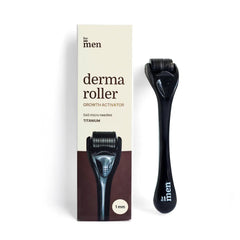
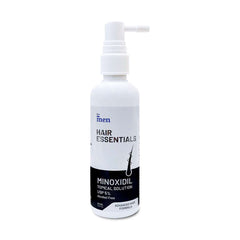
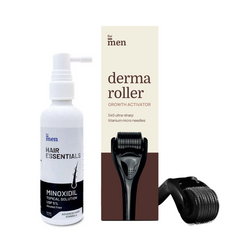
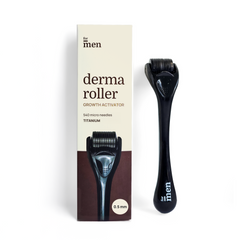

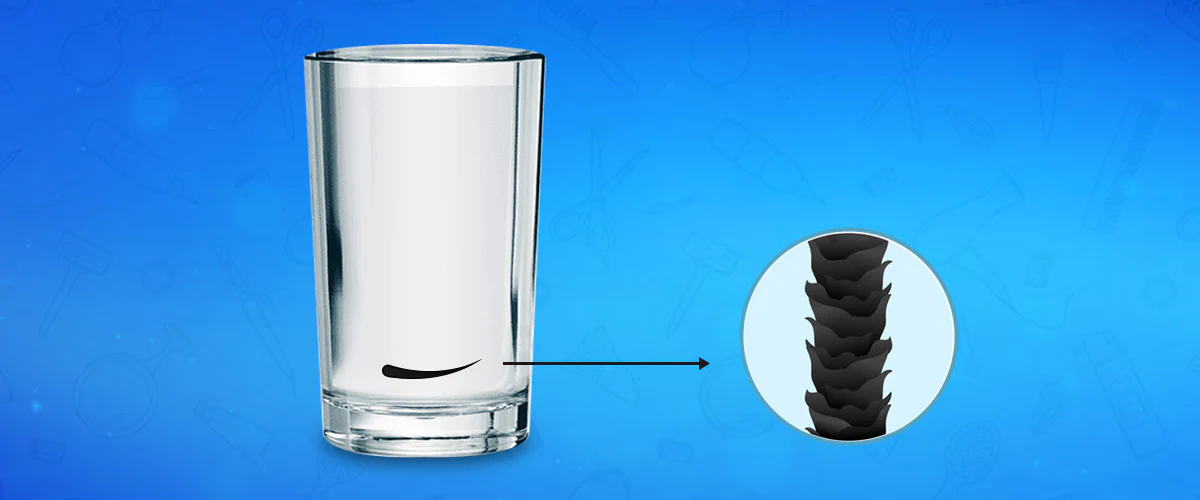
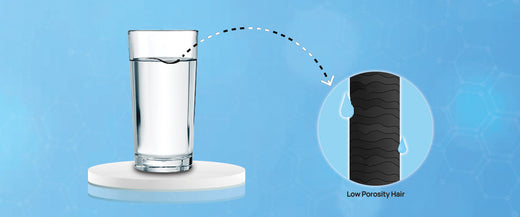
Leave a comment